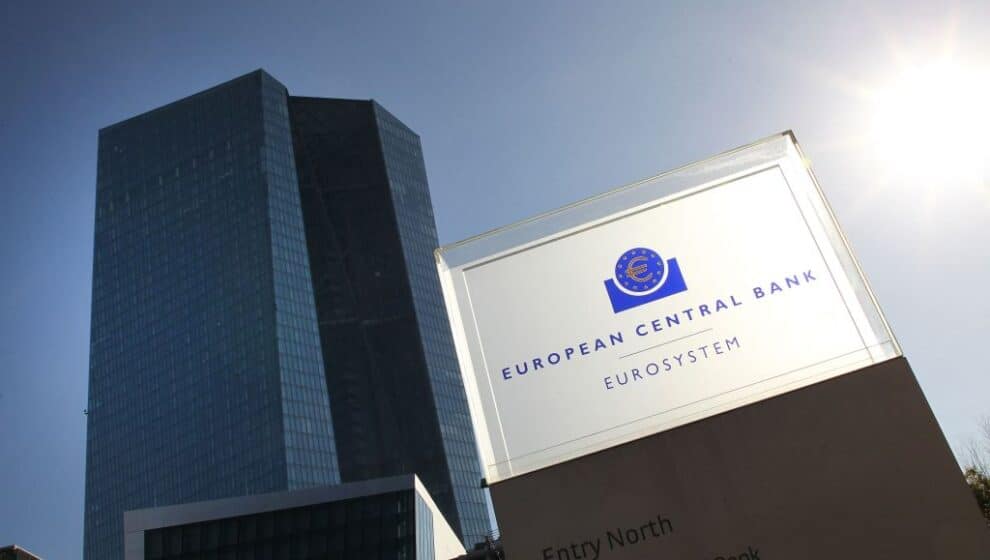Europe’s central bank has aggressively hiked interest rates in response to continued inflation.
Key Details
- The European Central Bank (ECB) announced a 75-basis-point interest-rate hike on Thursday—the third major hike in a row.
- The increase comes in response to European inflation hitting 9.9% in September—despite efforts to suppress it with repeated interest rate hikes from central banks around the world.
- “The Governing Council took today’s decision and expects to raise interest rates further, to ensure the timely return of inflation to its 2% medium-term inflation target. The Governing Council will base the future policy rate path on the evolving outlook for inflation and the economy, following its meeting-by-meeting approach,” says the ECB.
- “The move risks further crushing the euro-area economy, which is already feared to be on the brink of a recession,” says Axios.
Why It’s Important
The move marks another major step in major banks’ attempts to stem entrenched inflation while risking an economic recession in the process. Inflation has become a global issue harming major markets across the world and various world banks are all attempting to stem them with interest rate hikes.
“While the key source of Europe’s inflation problem differs from that in the U.S.—energy, not necessarily too much demand—the ECB is taking historically big steps that mirror that of the Federal Reserve and its other central bank peers to tame rising prices,” says Axios.
As we previously reported, the U.S. Federal Reserve raised interest rates several times in 2022—most recently in September which caused a stock market crunch. The Bank of England, European Central Bank, and Switzerland’s central bank all similarly followed suit with their own similar interest rate hikes. It is likely hikes will continue to increase through 2023.
The accumulated effect of raising interest rates is that spending and borrowing are going to be reduced. Demand will lower and the inflation rate will stabilize. So far though, major governments have been unsuccessful in addressing the core causes of inflation.
“In recent months, soaring energy and food prices, supply bottlenecks, and the post-pandemic recovery in demand have led to a broadening of price pressures and an increase in inflation. The Governing Council’s monetary policy is aimed at reducing support for demand and guarding against the risk of a persistent upward shift in inflation expectations,” says the ECB.

